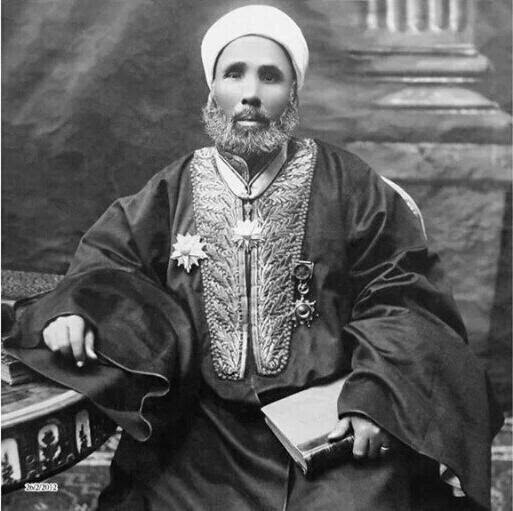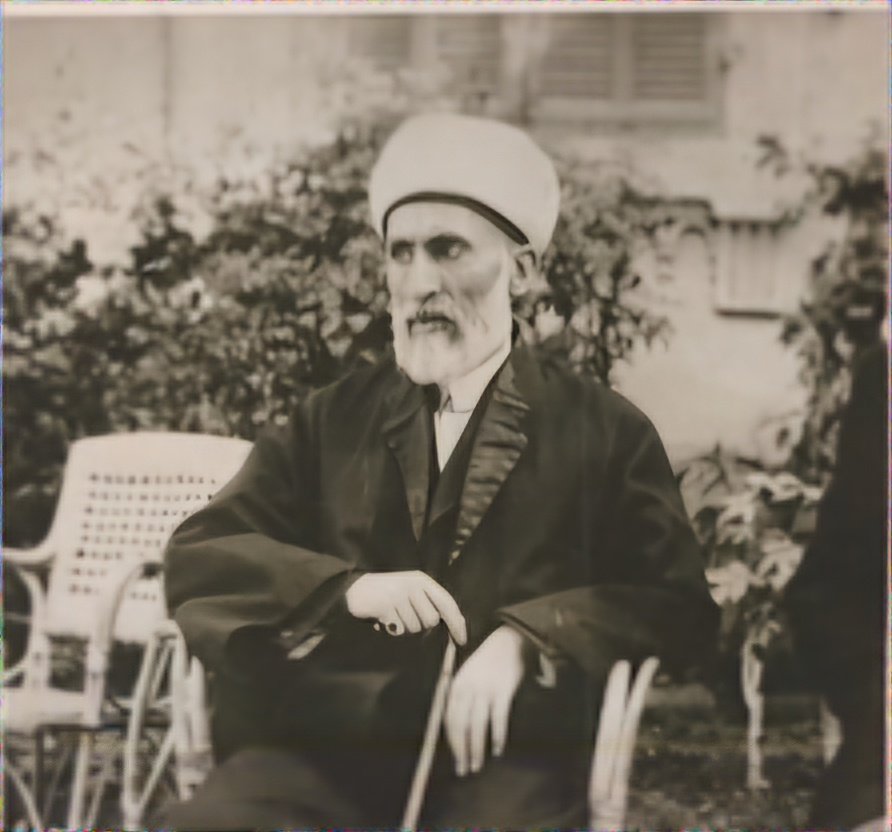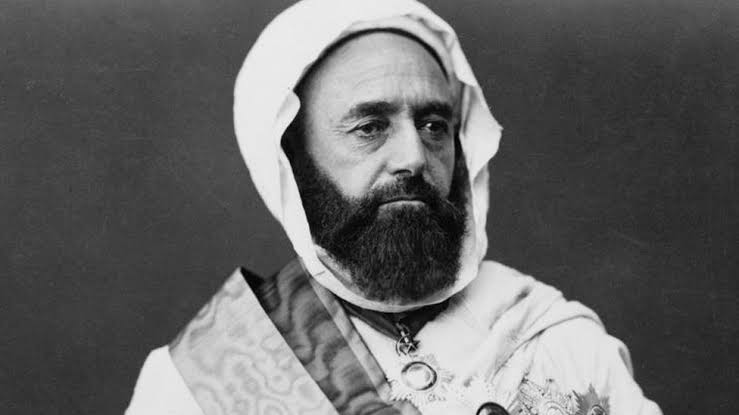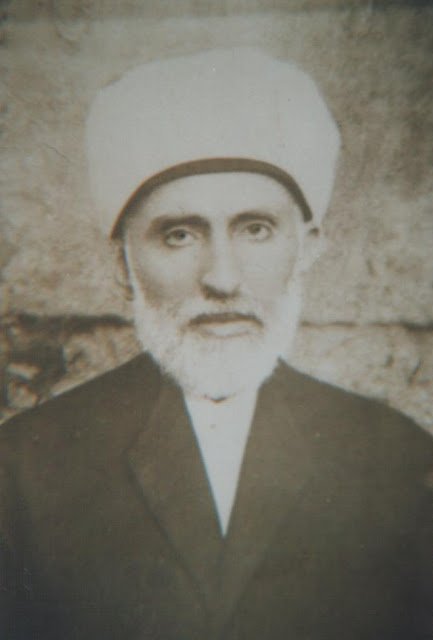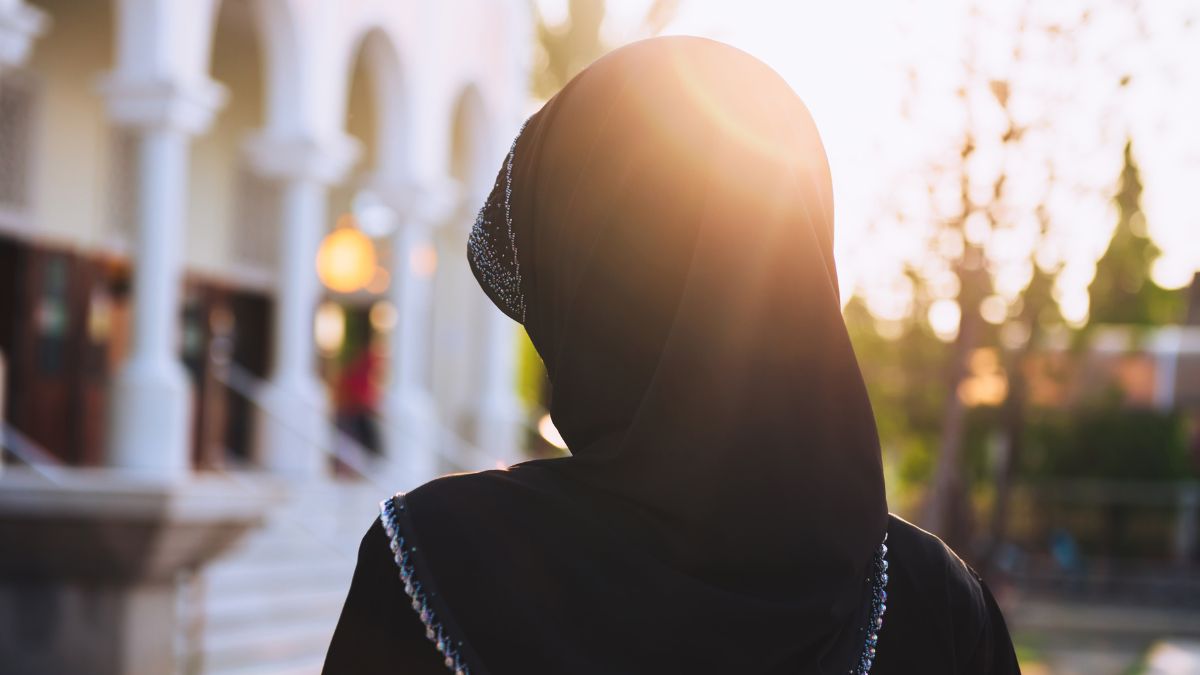When Imam Ahmad Ibn Hanbal Abandoned His Friend Over a Joke:
Al-Ghazali (d. 505) said:
"there was a long companionship between Ahmad Ibn Hanbal (d. 241) and Yahya Ibn Ma'in (d. 233), but Imam Ahmad abandoned him when he heard him say:
'I do not ask anyone for anything,
1/4
Al-Ghazali (d. 505) said:
"there was a long companionship between Ahmad Ibn Hanbal (d. 241) and Yahya Ibn Ma'in (d. 233), but Imam Ahmad abandoned him when he heard him say:
'I do not ask anyone for anything,
1/4

and if the Shaytan gave me something, I would eat it'
until Yahya apologized and said:
'I was joking'
Imam Ahmad replied:
'You joke about religion [dīn]?'
Do you not know that eating is part of religion [dīn]?
Allāh ﷻ placed it before righteous deeds, saying:
2/4
until Yahya apologized and said:
'I was joking'
Imam Ahmad replied:
'You joke about religion [dīn]?'
Do you not know that eating is part of religion [dīn]?
Allāh ﷻ placed it before righteous deeds, saying:
2/4
كُلُوا مِنَ الطَّيِّبَاتِ وَاعْمَلُوا صَالِحًا
'Eat from the Good Foods and Do Righteous deeds'
[Surah al-Mu'minun, 51]
and it is reported that it is written in the Torah:
'Whoever does not care about where his food comes from, Allāh does not care from which doors of
3/4
'Eat from the Good Foods and Do Righteous deeds'
[Surah al-Mu'minun, 51]
and it is reported that it is written in the Torah:
'Whoever does not care about where his food comes from, Allāh does not care from which doors of
3/4
the hell He will enter him"
– Iḥyāʾ 'Ulūm al-Dīn
4/4
– Iḥyāʾ 'Ulūm al-Dīn
4/4
• • •
Missing some Tweet in this thread? You can try to
force a refresh


